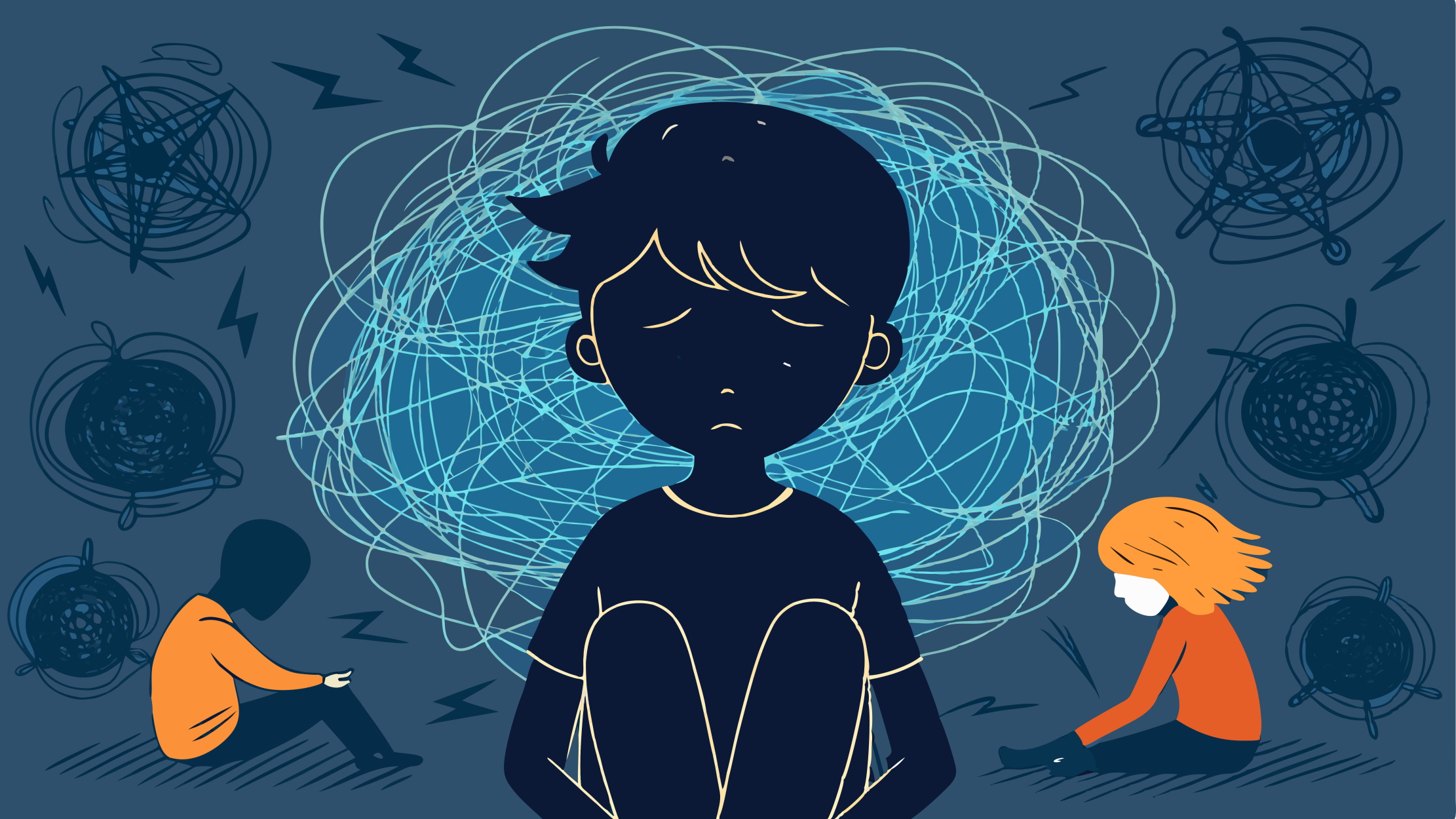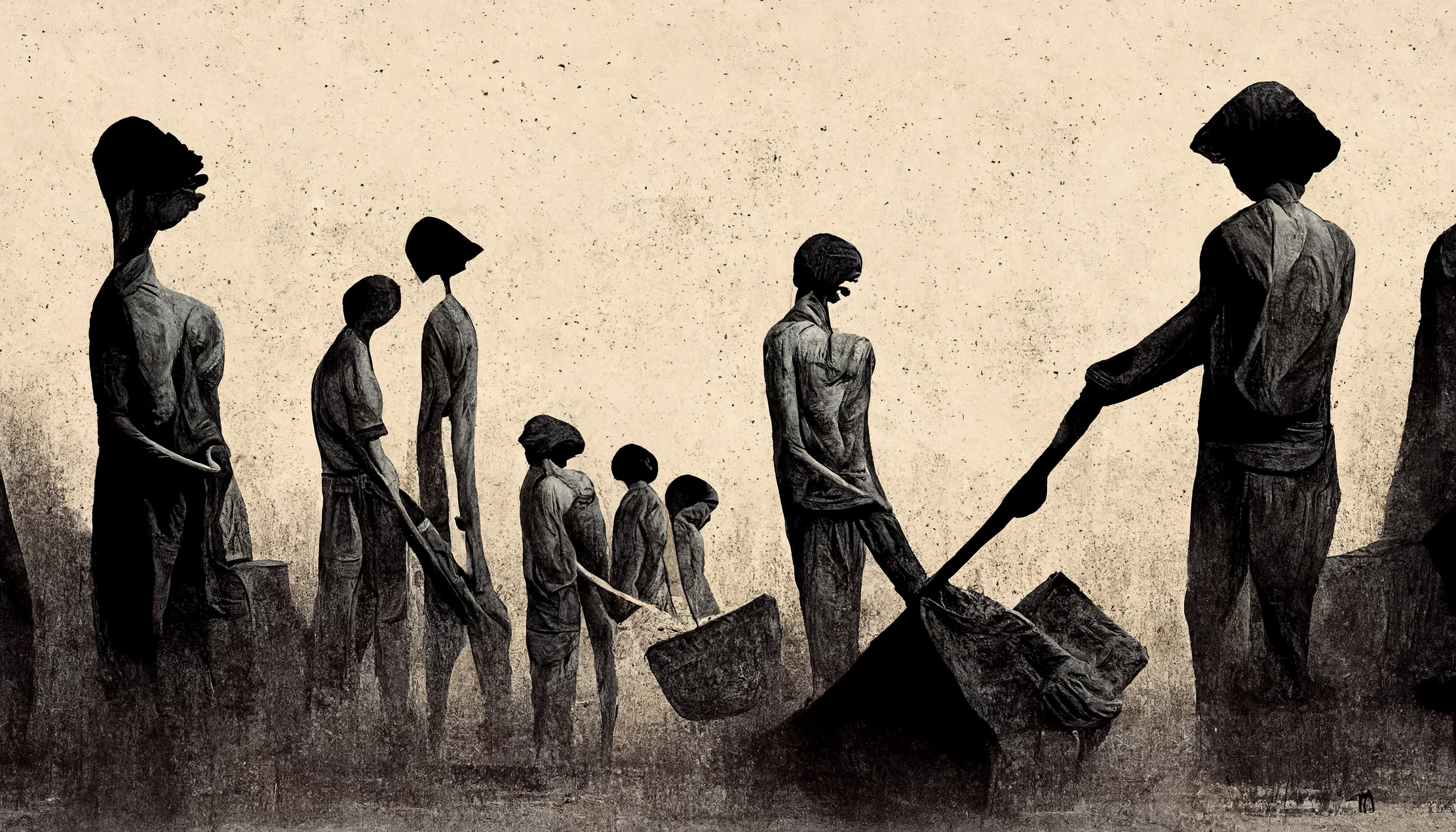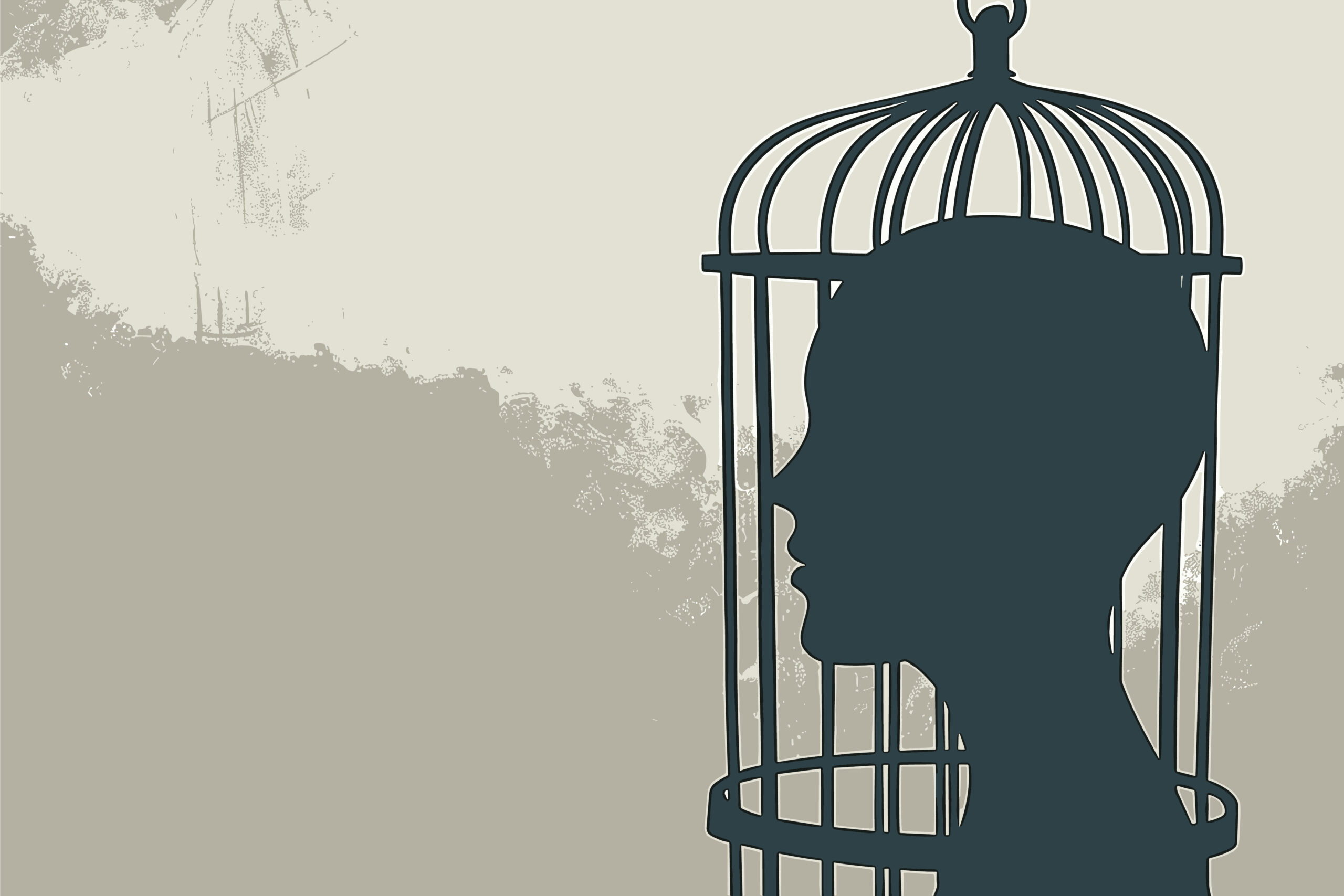Social and Behavioural
Explore Social and Behavioural

Dr Kerstin Liesenfeld | How do we develop and maintain authenticity throughout our lives?
As our world becomes increasingly complex, the need for genuine self-development and “inner work” grows more important. Dr Kerstin Liesenfeld and colleagues at the Liesenfeld Research Institute explore how people develop and maintain authenticity throughout their lives. Their research reveals that authentic development follows distinct patterns and stages, occurring at different rates across various aspects of our personalities. This understanding could help shape more effective approaches to personal development and coaching.

Dr. Carlos Lastra | A Silent Struggle: Understanding Childhood Anxiety During the COVID-19 Pandemic
In early 2020, the world changed almost overnight. As COVID-19 swept across the world, homes were repurposed as schools, playgrounds and classrooms were abandoned, and family routines changed utterly or vanished. People were forced to adapt to remote working, many lost their jobs, and a significant proportion of us experienced anxiety about the virus that had turned the world upside down. However, amid this pandemonium, one group of people was especially vulnerable: children. We often think of childhood as a carefree time, protected from responsibilities, worries and burdens. However, the pandemic shattered this illusion. For many children, it caused confusion, isolation, and fear. Recognizing the need to understand this impact, Dr. Carlos Lastra and his team of researchers at Saint Peter’s University Hospital in New Jersey, undertook an essential study: assessing how the pandemic affected anxiety levels in children and adolescents.

Prof. Olya Bryksina | The Essence of Team Spirit: Why Helping Others in a Group Can Be More Motivating Than Helping Yourself
Are we primarily motivated by self-interest, or can activities that advance the progress of others provide similar or even greater levels of motivation? Logically, it would seem that people are most motivated to achieve specific goals when they are doing things that benefit themselves. Examples include studying for an exam, doing regular physical exercise, or working toward a career milestone; all activities that have tangible and readily apparent benefits for the individual pursuing them. Consequently, many of us would tend to believe that personal progress is our biggest driver. However, a recent study by Prof. Olya Bryksina from the University of Winnipeg reveals a surprising twist in how motivation works, especially when we’re part of a group. In her innovative research, published in Motivation Science in 2025, Professor Bryksina explores a question many of us encounter daily but rarely think deeply about: What makes people put in effort when working toward a shared goal as part of a group? Her findings suggest something profound, that helping others in a group can be more motivating than helping ourselves.

Troy Norris | The Wellbeing Balance Model: A Personalized Approach to Design Effective Wellbeing Interventions
Research from Troy Norris at the WellBalance Institute for Positive Wellbeing reveals how a novel approach to measuring wellbeing can lead to more effective personalized interventions. The Wellbeing Balance and Lived Experiences (or WellBalance) Model and Assessment extends traditional wellbeing measures by evaluating both positive experiences and the feelings they generate, enabling tailored approaches to enhance individual flourishing based on specific life circumstances.

Professor Rumi Kato Price | New Approaches to Defining and Measuring Human Trafficking
Research from Professor Rumi Kato Price at the Washington University School of Medicine and her colleagues, Professors Sheldon Zhang and Annah Bender, reveals how research-driven, standardized indicator approaches can better identify human trafficking victims than traditional legal and prosecutorial frameworks. Their work in Cape Town, South Africa demonstrates that trafficking victimization exists on a spectrum rather than as a binary classification, with implications for improving identification and support for victims worldwide.

Defending Authentic Leadership: A Response to Critical Claims
A recent paper from Professor William Gardner at Texas Tech University and Professor Kelly Davis McCauley at West Texas A&M University challenges a critique that characterized authentic leadership theory as “wrong” and “perilous.” Their analysis demonstrates how misrepresentations of the theory can undermine valuable leadership approaches, while highlighting the empirical support and practical benefits of leaders striving for authenticity in organizational settings.

Evaluating the Impact of University Chaplains: A Two-Phase Research Study
Research from Dr Christopher W. B. Stephens and Sue Miller at the Susanna Wesley Foundation, Southlands College, Roehampton, reveals how university chaplains can effectively evaluate and demonstrate their impact within higher education institutions. Their work shows how chaplains can meet institutional demands for accountability while maintaining the unique spiritual and pastoral nature of their work, offering insights into evaluating the distinctive aspects of chaplaincy services.

Dr. Oksana Komarenko and Dr. Gerardo Ramirez | Pressure Points: The Science of Performing When It Matters Most
Performing at your best when it matters most is something a lot of people struggle with. You can prepare for days, even weeks, but the moment you step on stage, walk into an interview, or face a big audience, things shift. Suddenly, what felt solid in practice starts to slip. I’m Dr. Oksana Komarenko. I teach at Ball State University, and I’m also an opera singer. I know what it’s like to face high-pressure moments. During my first major solo recital, my hands started shaking so badly I could barely control them. Everything I had rehearsed felt just out of reach. And I’m not the only one. Research shows that over 77 percent of performers experience the same thing when the pressure is on.

Prof. Jason Dana | The Confidence Conundrum: Why Unstructured Interviews Are Misleading
Employers and other decision makers typically use interviews to make their final decision on candidates applying for important positions. The process begins by reviewing resumes, and checking references, before the final and typically most important act, the interview. Within mere minutes, an interviewer can form a strong impression of a candidate. For instance, this may run along the lines of “this person seems confident, articulate, and driven” or “this person does not represent themselves well, and likely won’t be a good fit”. By the end, the interviewer may feel that they truly understand the candidate. But what if that feeling is just an illusion? This is the question tackled by Prof. Jason Dana of Yale University and his colleagues in their research on unstructured interviews. Their findings challenge one of the most common hiring and admissions practices: the belief that sitting down with a candidate and having a free-flowing conversation reveals valuable insight. In reality, their study suggests that unstructured interviews often do more harm than good, leading decision-makers to rely on misleading impressions rather than objective facts.

Professor Joanne Wood | A more complex view of how self-esteem shapes romantic relationships
Research by Professor Joanne Wood at the University of Waterloo reveals how self-esteem influences romantic relationships through a chain of psychological and behavioral effects. Their work challenges simple explanations and demonstrates how one partner’s self-worth can create ripple effects that impact both partners’ relationship satisfaction.

Professor Denise Troutman | Rethinking ‘Sassy’: The Complex Intersections of Race, Gender, and Linguistic Politeness
Research by Professor Denise Troutman at Michigan State University examines how race, gender, and social context shape perceptions of politeness and impoliteness in language, particularly focusing on the term ‘sassy’ when applied to African American women and girls. The research challenges traditional theories of politeness and reveals a need for cultural contextualizations to avert harmful stereotypes.

Dr. Mabrouka Abuhmida | From Shame to Support: Mental Health Stigma in Conservative Communities
In many regions around the globe, common mental health issues are cloaked in secrecy by those who experience them, and are frequently stigmatized and misunderstood by others. This is a particularly serious issue in conservative communities, where cultural and religious values have significant effects on the provision and use of appropriate mental health care resources. In a new mini-review article published in the journal Frontiers in Public Health, Dr. Mabrouka Abuhmida, Dr. Wendy Booth and Dr. Felix Anyanwu of the University of South Wales in the UK, have explored this critical topic, revealing the damaging impact of stigma in such communities, and exploring new solutions to enable adequate mental healthcare in this context.
No Results Found
The page you requested could not be found. Try refining your search, or use the navigation above to locate the post.
Increase The Impact Of Your Research!
Explore partnership opportunities
Stay Up To Date With SciPod
Subscribe to receive our latest SciPods straight to your mailbox
